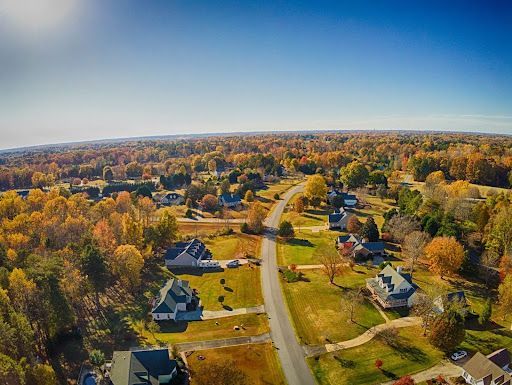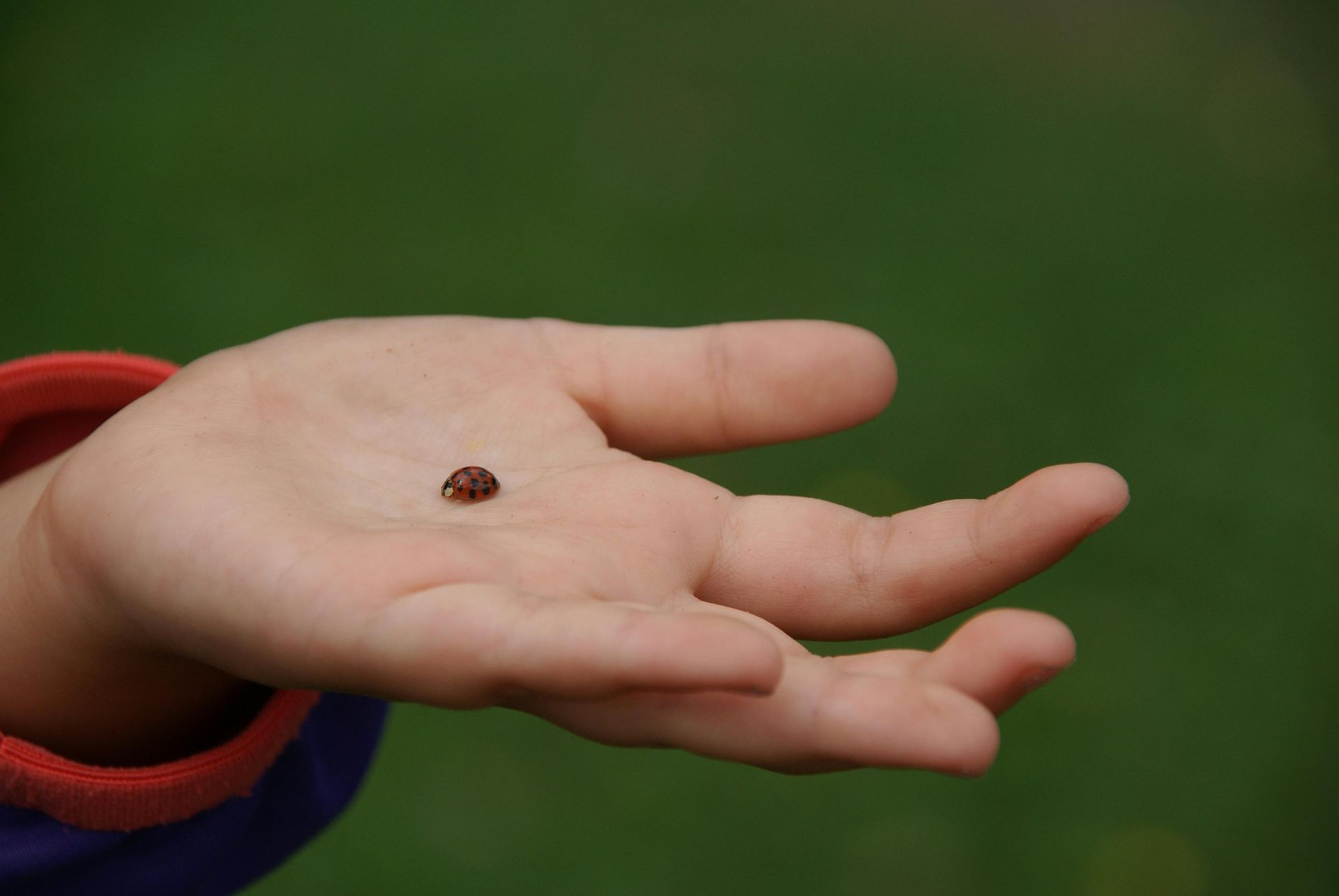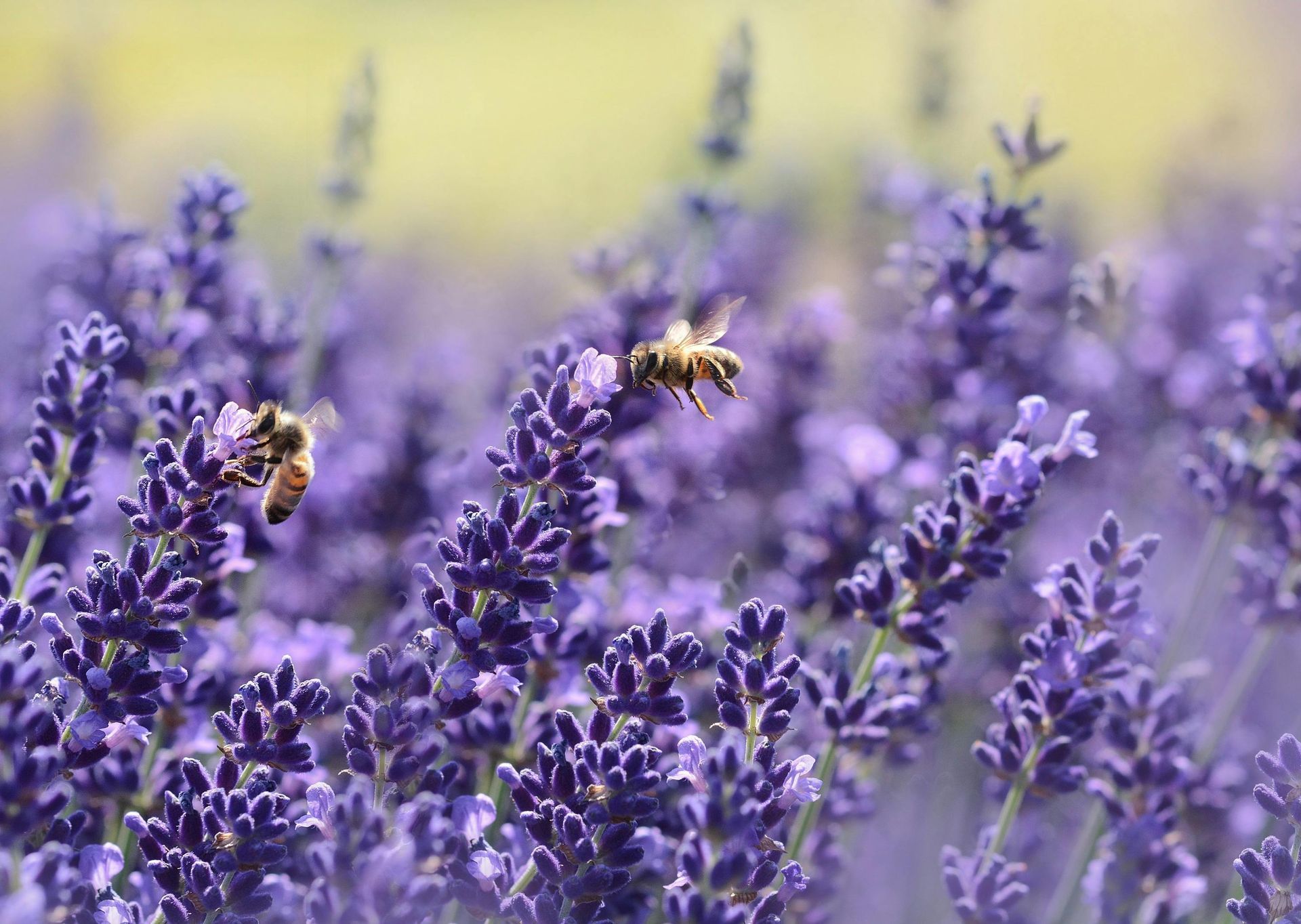Nevada Landscaping Tips for a Pest-Free Outdoor Space
Creating a beautiful outdoor space in Nevada can be challenging due to pests. With the right landscaping tips, homeowners can maintain a pest-free yard. By using specific plants, proper irrigation, and other practical methods, it's possible to enjoy a lush and inviting outdoor area without the annoyance of unwanted insects and critters.
Role of Landscaping in Pest Management
The correlation between landscaping choices and pest attraction is a significant aspect of home maintenance that is often overlooked. The types of plants you select, the water features you install, and even how you handle yard debris can have a substantial impact on whether your property becomes a haven for pests or a deterrent to them. In areas like Nevada, where the environment plays a crucial role in the types of pests encountered, understanding this relationship is even more critical.
Landscaping is not just about beautifying your surroundings; it's an integral part of your home's first line of
defense against pests. Certain plants and flowers are known to naturally repel insects. For example, lavender can deter moths, fleas, and mosquitos, while marigolds are known to keep away aphids and mosquitoes. The strategic placement of these and other pest-repellent plants can significantly reduce the likelihood of pest infestations. Conversely, dense foliage and stagnant water can attract pests, creating potential problems for homeowners.
The way you manage your yard's water features and debris can either attract or deter pests. Mosquitoes breed in stagnant water, making it crucial to ensure that water features have proper circulation and that containers that can hold water are regularly emptied. Similarly, yard debris such as leaf piles and excess mulch can provide a perfect hiding spot for pests like rodents and insects. Regular maintenance to remove such debris can go a long way in keeping your yard pest-free.
Beyond the immediate concerns of pest attraction, there's a broader consideration for the local ecosystem, especially in Nevada. Eco-friendly pest control measures play a significant role in preserving the environment. Chemical treatments can have unintended consequences on non-target species and the overall health of the local ecosystem. By making informed landscaping choices, homeowners can minimize the need for such measures. This approach not only helps in managing pests more sustainably but also supports the biodiversity essential for a healthy ecosystem.
Understanding the link between landscaping and pest management is the first step toward creating a pest-resistant outdoor space. It allows homeowners, particularly in Nevada, to make informed choices that contribute both to the beauty of their properties and the well-being of the surrounding environment. By selecting the right plants, managing yard debris responsibly, and considering eco-friendly pest control measures, it is possible to maintain a beautiful, healthy, and pest-free yard.
Selecting Pest-Repellent Plants for Nevada
In the diverse and often arid climate of Nevada, landscaping with pest-repellent plants is a savvy approach to enhancing your home's first line of defense against pests. The selection of suitable plants, both native and non-native, that thrive in the Nevada environment can play a pivotal role in pest management.
Nevada's native flora, such as the fragrant Desert Lavender (Hyptis emoryi), is not just tolerant of the local climate but also acts as a natural repellent against a range of pests. Another native, the Yarrow (Achillea millefolium), with its distinctive aroma, is known for repelling destructive insects while attracting beneficial pollinators. Among non-native options, the Lavender (Lavandula) remains a top choice for its potent scent that deters moths, fleas, flies, and mosquitoes, making it both practical and aesthetically pleasing for Nevada gardens.
The role of aromatic plants, beyond their visual appeal, lies in their natural chemical compounds that certain pests find repulsive. Incorporating these into your landscape not only helps create a barrier against pests but also enriches the garden's sensory experience. It's essential to position these aromatic plants thoughtfully. For example, placing Lavender near outdoor seating areas can enhance human enjoyment while keeping pests at bay.
When planning your garden layout, consider the spacing and placement of pest-repellent plants. Overcrowding plants can inadvertently create a moist, shaded environment conducive to pests. Conversely, thoughtful spacing allows air circulation that inhibits pest proliferation. A general guideline is to follow the mature plant size indications on labels or seed packets to avoid creating unintentional pest harbors.
For those looking for more detailed guidance on plant selection and landscaping in Nevada, the University of Nevada Cooperative Extension provides invaluable resources. Their expert advice can help you choose the right plants that are both pest-repellent and suitable for the local climate. (For more information, visit the University of Nevada Cooperative Extension website).
Choosing the right plants for your Nevada landscape is more than a matter of aesthetics; it's a strategic approach to pest control. By incorporating native and non-native pest-repellent plants, you not only enhance the beauty of your outdoor space but also fortify your home's defenses against unwanted guests.
Yard Maintenance Strategies to Deter Pests
Yard maintenance is crucial for deterring pests in Nevada's unique landscape. Regular lawn care, including mowing, trimming, and pruning, removes potential pest shelters and breeding sites. Pests such as rodents and insects often hide in overgrown grass, dense shrubs, and accumulated yard waste. Thus, keeping your lawn and plants well-groomed not only enhances your property’s aesthetics but also its resistance to pests. Managing yard waste effectively prevents it from becoming a magnet for pests. Decomposing leaves, grass clippings, and other organic materials can attract pests looking for shelter and food. Composting yard waste or disposing of it properly can significantly reduce pest populations. Remember, a clean yard is less inviting to pests.
Water Management for a Pest-Proof Yard
In Nevada's arid climate, proper irrigation is essential, yet overwatering can lead to pest problems. Excess moisture attracts pests such as mosquitoes, which breed in standing water, and various types of fungi that attract other pests. Implementing drip irrigation and ensuring good drainage can keep your yard adequately watered without creating habitats for pests. Regular maintenance to fix leaks and eliminate standing water in pots, drains, and other containers is crucial for mosquito control.
Integrating Eco-friendly Pest Control Solutions
Integrating non-chemical pest control solutions is critical for maintaining a healthy ecosystem, especially in environmentally sensitive areas like Nevada. Biological controls, such as introducing predators of common pests or using pheromone traps, offer an eco-friendly alternative to chemical pesticides. These methods align with the principles of Integrated Pest Management (IPM), focusing on long-term prevention and minimally impacting the environment.
For instance, attracting birds that feed on insects or using beneficial nematodes to combat soil-dwelling pests can be effective pest control strategies. These solutions require understanding and patience but contribute to a balanced, healthy outdoor space that supports local biodiversity. Professional pest control services like Natura Pest Control offer sustainable and effective strategies tailored to Nevada’s environment. These experts can provide guidance on combining landscaping choices with
eco-friendly pest management practices to create a comprehensive defense against pests. Selecting the right plants, maintaining your yard, managing water wisely, and adopting eco-friendly pest control methods can significantly enhance your home’s defenses against pests.
By understanding and applying these strategies, homeowners in Nevada can enjoy a beautiful, pest-resistant outdoor space that supports the local ecosystem. For more detailed guidance on plant selection and eco-friendly pest control, consulting resources like the University of Nevada Cooperative Extension can provide invaluable assistance, tailored specifically to the unique challenges and opportunities of landscaping in Nevada.
Ready to fortify your outdoor space against pests with sustainable, effective strategies tailored to Nevada’s unique landscape? Contact Natura Pest Control today, our expert team can guide you through integrating eco-friendly pest management practices with your landscaping choices, creating a harmonious, pest-resistant environment.




